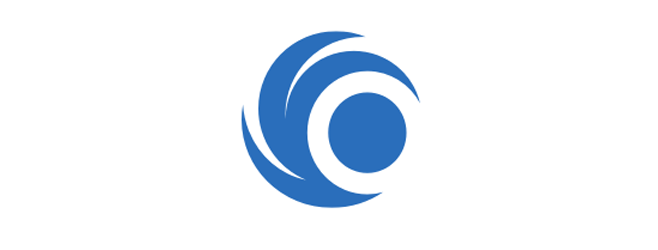Students reflect on initial questions, what they learned, what else they could investigate or try and what they could have done differently. They transfer learning to new situations and plan next steps.
As educators guide students through the Reflect component, they may refer to Figure 5 to give consideration to the planned level of student autonomy, taking into account student needs and educator comfort.
Reflection is a core component of inquiry-based learning and occurs in all parts of the inquiry process. Students develop the ability to think critically about their own thought processes through reflection. Reflection involves students developing the ability to articulate their thinking while they progress through the different stages of the inquiry process, as well as what they have learned about themselves as inquirers. Curriculum expectations in the Health and Physical Education curriculum specifically guide students to develop skills of self-reflection, particularly with the Living Skills. With Personal Skills, students learn to reflect as they develop self-awareness, self-monitoring skills and adaptive, management and coping skills. As students are developing Critical and Creative Thinking Skills, they learn about reflection as an important part of critical thinking.
Students can reflect about:
- How they learn and what best helps them learn
- Successes and challenges during each of the stages of the inquiry process
- What they could do to improve
- How what they learned in the inquiry process can be transferred to other areas of their life
- What they learned (new knowledge)
- What changes may have occurred in their beliefs or behaviour
- What they might do differently next time
- What their next steps would be now that they have acquired new learning


